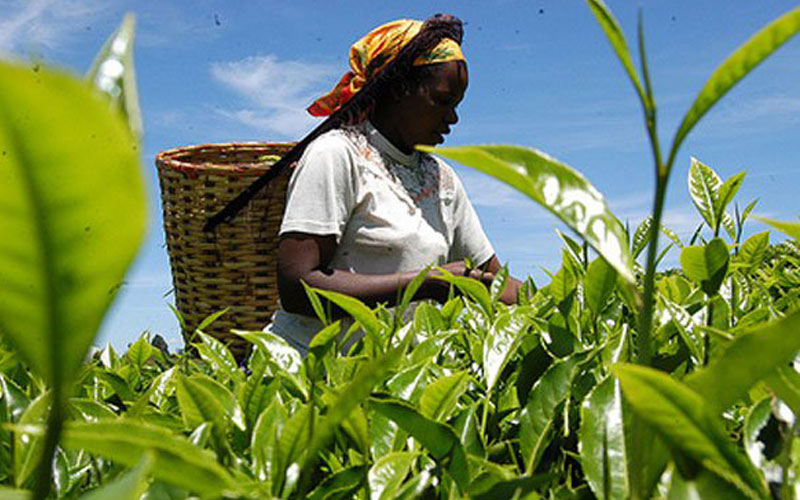State facing opposition on daily tea auction proposal
By Nicholas Waitathu, April 26, 2021The government is facing opposition to its proposal to increase trading days at Mombasa tea auction as part of ongoing reforms in the tea sector.
It argues the new strategy is based on the fact that the trading facility has been fully automated as at end of last year.
But a section of the industry value chain players dismiss the proposal claiming it might lead to price decline and low competition if implemented.
Agriculture Cabinet Secretary Peter Munya said last week that Mombasa tea auction will start operating for five days in a week to enhance its capacity to handle all tea produced in the country and the region.
“Following the full automation of the exchange structure, the tea auction should now be held throughout the week and not necessarily the three days as currently designated by the East African Tea Trade Association (EATTA) Secretariat,” he said last week.
Price discovery
Munya said the auction trading has gone electronic and that the catalogues are now being generated online as opposed to the previous open outcry system, where the catalogues would be taken for printing prior to their distribution to the buyers.
In addition, he added, absorption of tea on offer should be enhanced since the system should be able to automatically re-list the tea for sale the same day of the auction.
“This coupled with anonymous bidding should enhance the price discovery mechanism for the tea at the auction,” said Munya.
The CS said the proposed additional days will enable top export markets such as Pakistan, Egypt, UK, Russia, United Arab Emirates (UAE), Sudan, Yemen, Kazakhstan, Poland and Jordan that controls about 85 per cent of the purchases, to trade with ease.
However, Kenya Tea Growers Association (KTGA) warned that increasing sale days might lead to low competition as a result of oversupply of the commodity and thus players will not able to manage prices.
“The proposal is not a good trading practice and eventually may compound current marketing woes at the auction,” said Apollo Kiarie, KTGA chief executive.
He said increasing trading days might lead to oversupply of the produce and hence might lead to price weakening and to large extent frustrate farmers’ morale.
“Increasing days to five will equally lead to high cost of sampling and thus might affect the final pay,” Kiarie told Business Hub on phone.
Ordinarily a week before tea is offered for sale traders have to submit samples which they pay to the EATTA secretariat.
The tea auctions are held weekly – Mondays and Tuesdays with 51 or 52 auction sessions held in a year, but since the introduction of the online system EATTA secretariat has designated three days in a week for auction trading.
Market destinations
The auction has overseas tea buyer representatives and agents drawn from over 70 market destinations globally.
Kiarie said while lengthening the trading days might benefit the buyers as they can make orders anytime from their offices and depending on the need of their customers, the big question is, will the producers agree to sell their produce at a loss owing to oversupply.
Currently, he said, the auction operates for three days Monday to Wednesday every week with 20 per cent of volumes fails to attract buyers.
More Articles

